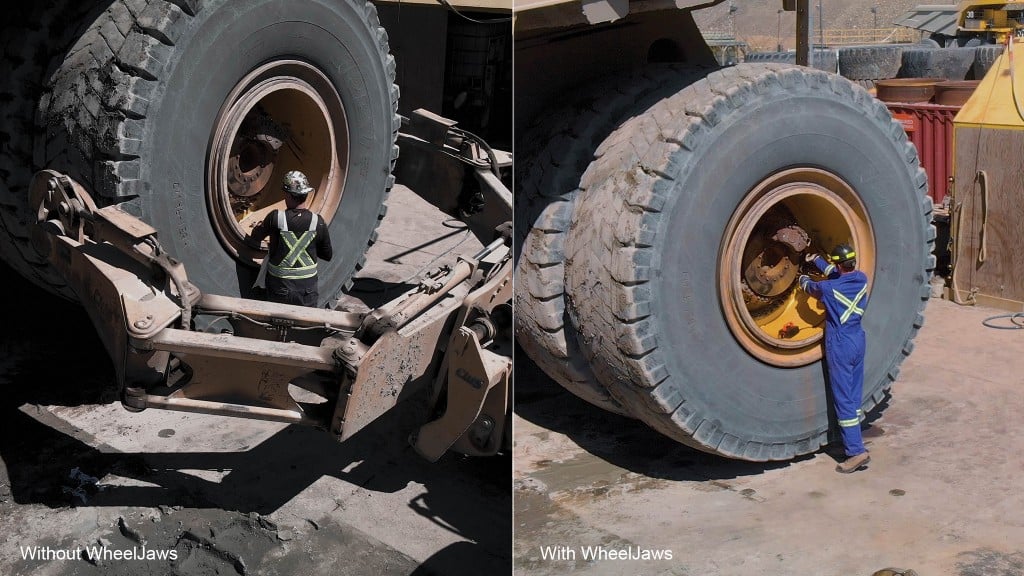HeroWear has been recognized in the University Innovation and Entrepreneurship (I&E) Showcase of the Association of American Universities (AAU) and Association of Public & Land-Grant Universities (APLU). This participation highlights HeroWear's innovative exosuit for active workers.
This year marks the 40th anniversary of the Bayh-Dole Act, which allows universities, nonprofit research institutions, and small businesses the ability to own, patent, and commercialize inventions created under federally funded research programs.
"The Bayh-Dole Act allowed us to develop this wearable, assistive technology at Vanderbilt, prove out the science, and then license it so HeroWear could go all-in on this vision of reimagining the future of physical work. We were thrilled to bring this first of its kind exosuit product to market earlier this year," said Dr. Karl Zelik, Chief Scientific Officer and co-founder at HeroWear.
"Before the Bayh-Dole act, so much federally-funded research failed to fulfill the promise of benefiting society because there was no opportunity to commercialize the output and bring it to market," adds Mark Harris, CEO of HeroWear. "With the current system, we're able to bring in more outside investment to turn research into an actual usable product that can help thousands - and we hope eventually millions - of people around the world."
HeroWear's back-assist, passive exosuit, called the Apex, can take over 50 pounds of strain off the back every time an object is lifted. This can mean reducing thousands of pounds of strain from a worker's back in a single day. Using a proprietary on/off clutch mechanism and made of lightweight, high-tech textiles (it weighs only 3.4 pounds), the Apex also provides maximum flexibility and comfort throughout the day.
The Apex has the potential to dramatically change industrial workforces because of the high costs associated with low back pain, which the CDC reports are the #1 work-related health problem. HeroWear's goal is to stop back pain before it starts.
"One of the leading causes of low back injuries is overexertion - repetitive wear-and-tear on people in jobs where they do a lot of lifting and bending," Zelik said. "We were able to figure out a practical, deployable, and scalable way to help reduce the risk of injury for workers and improve their quality of life. We proved it in the lab, and now we're able to offer this wearable exosuit to workers everywhere through HeroWear."


